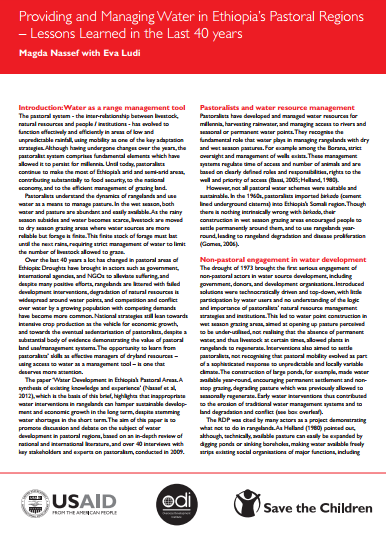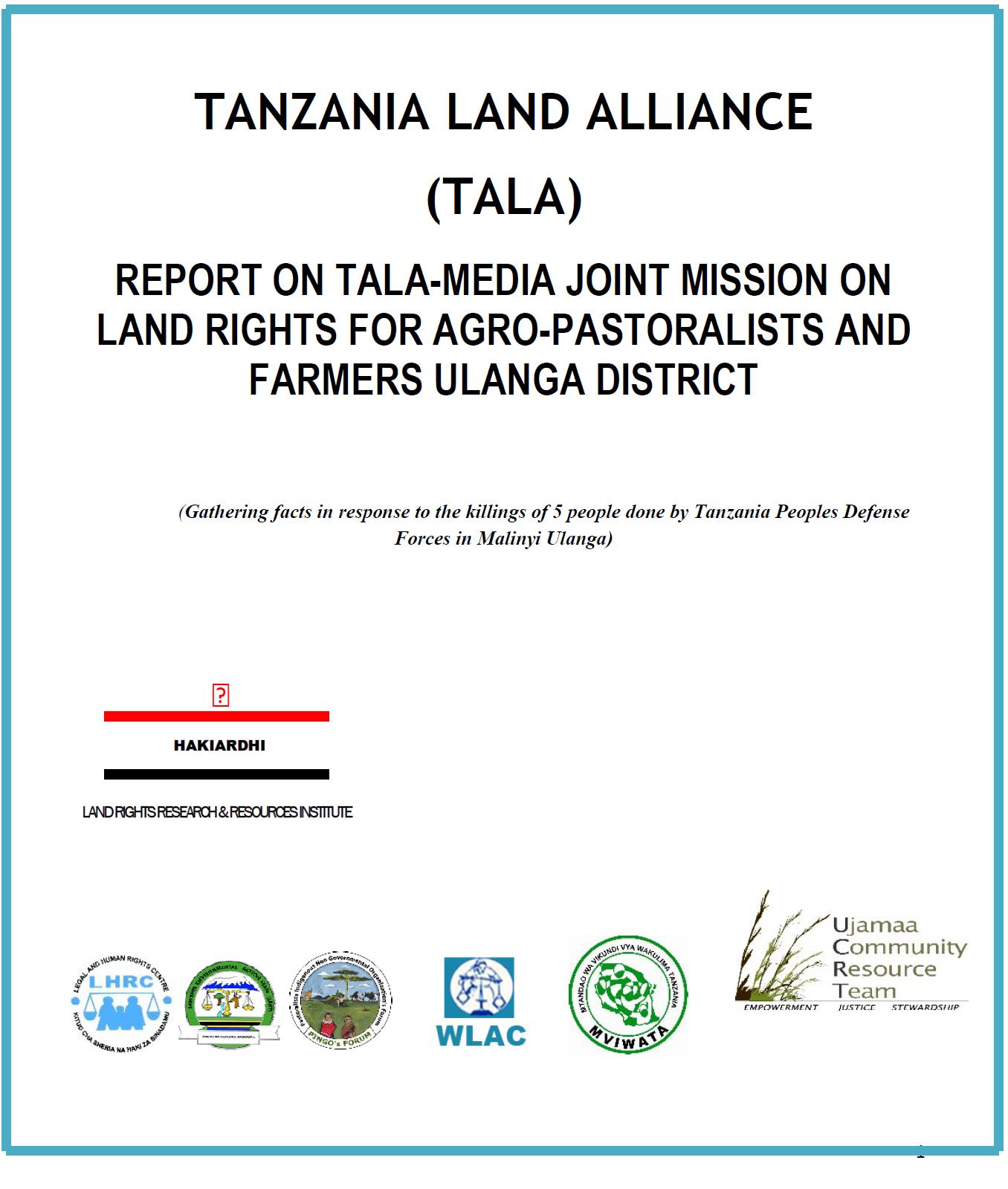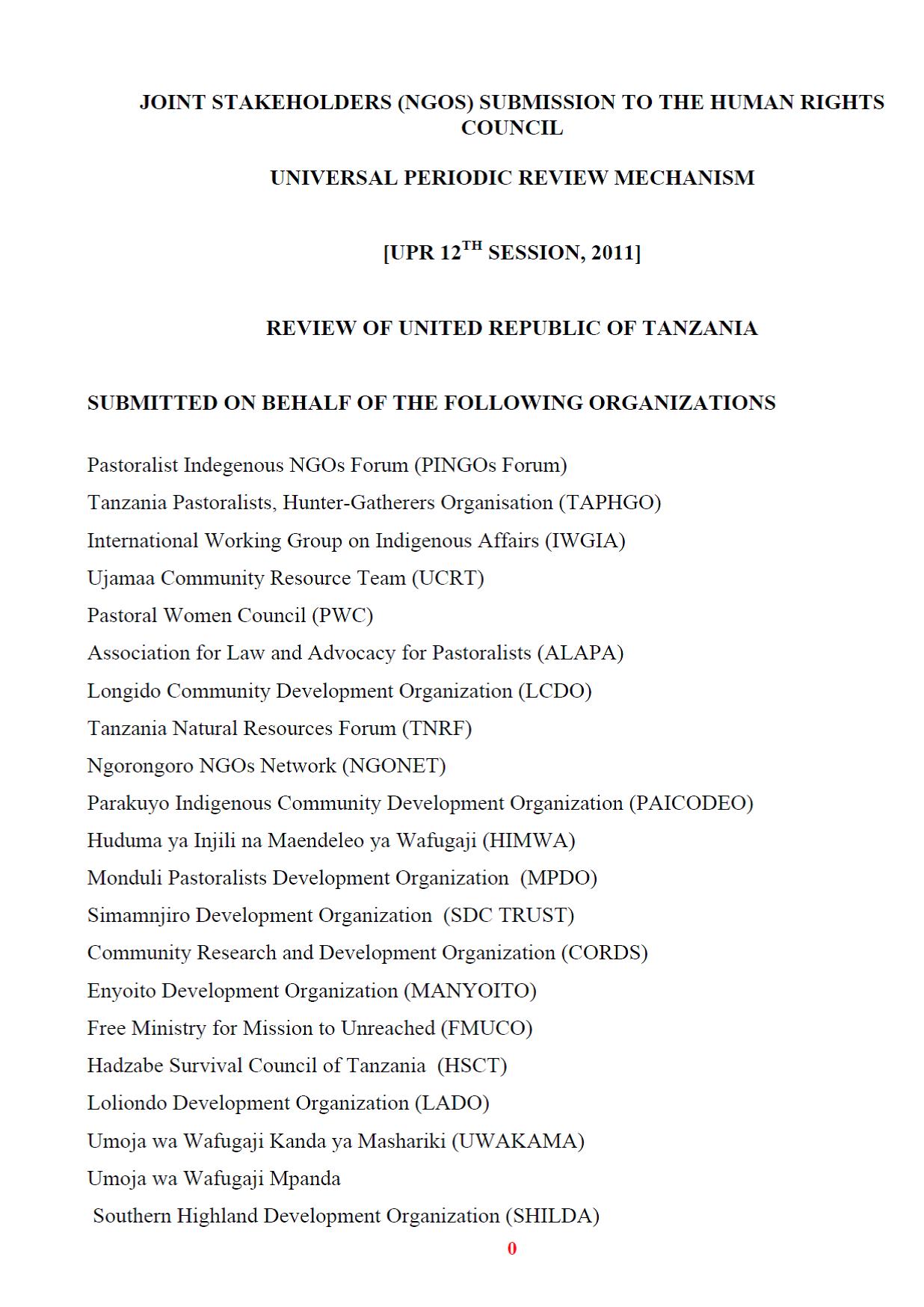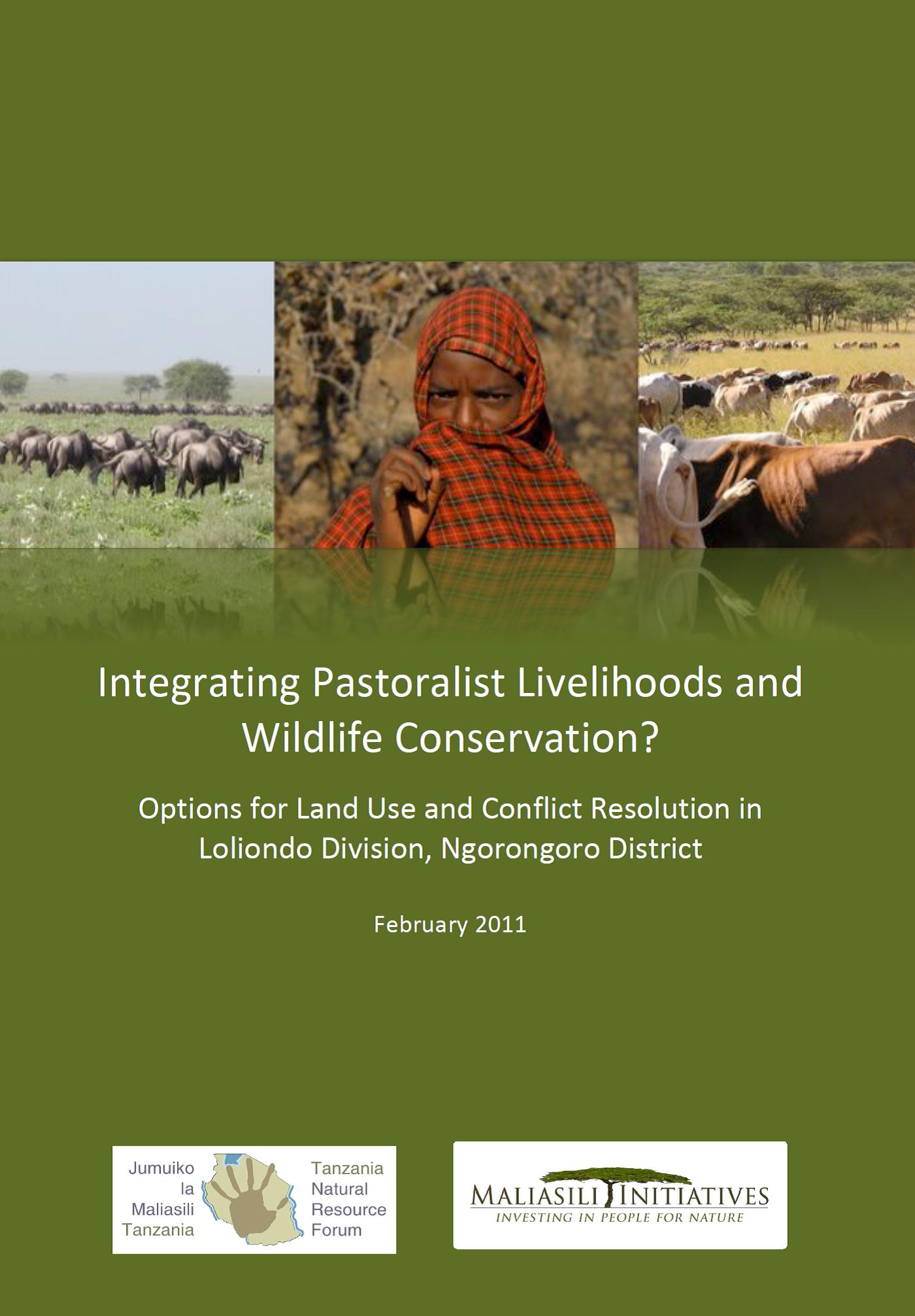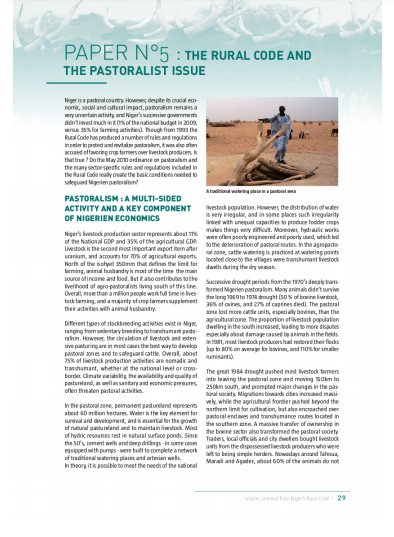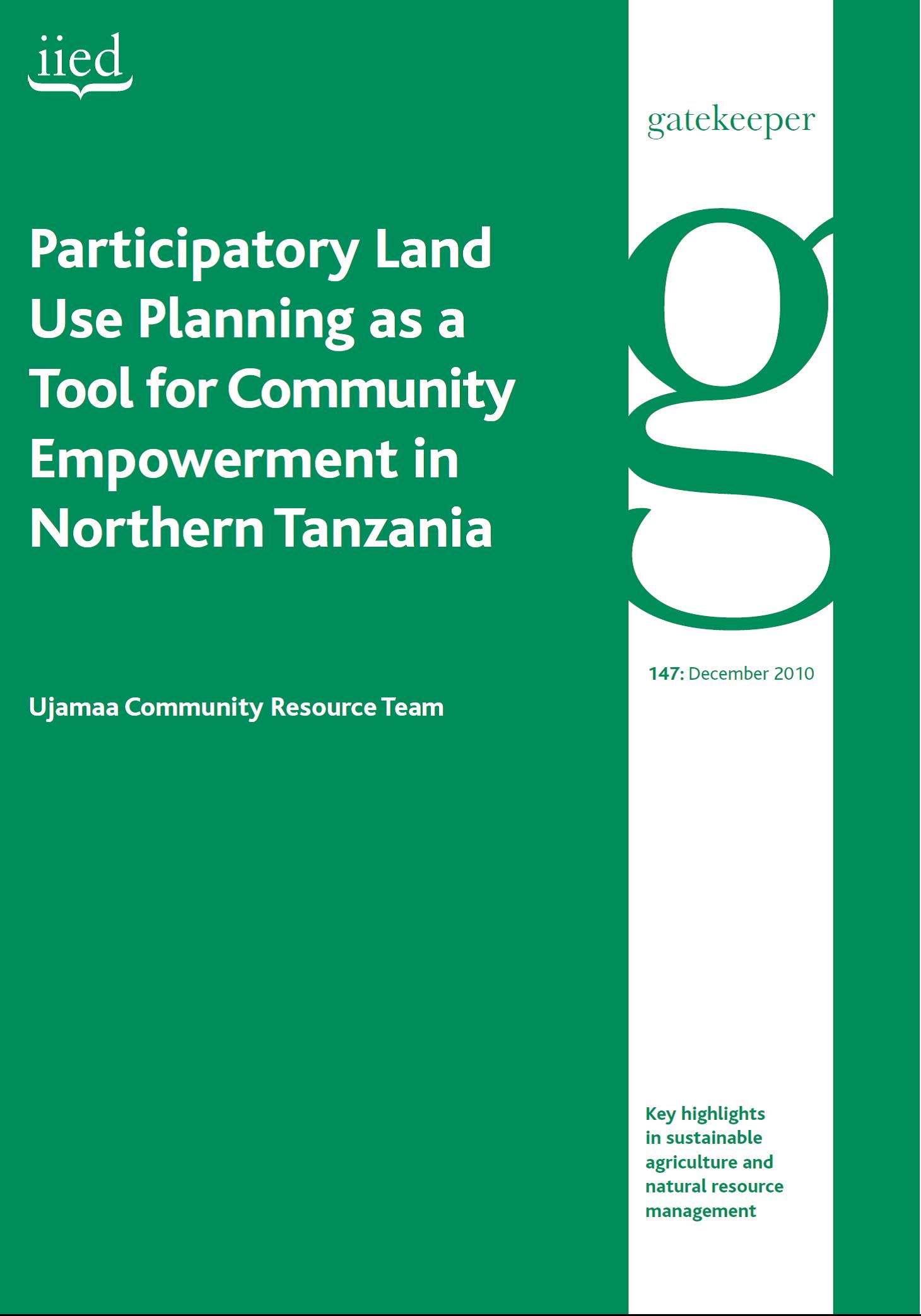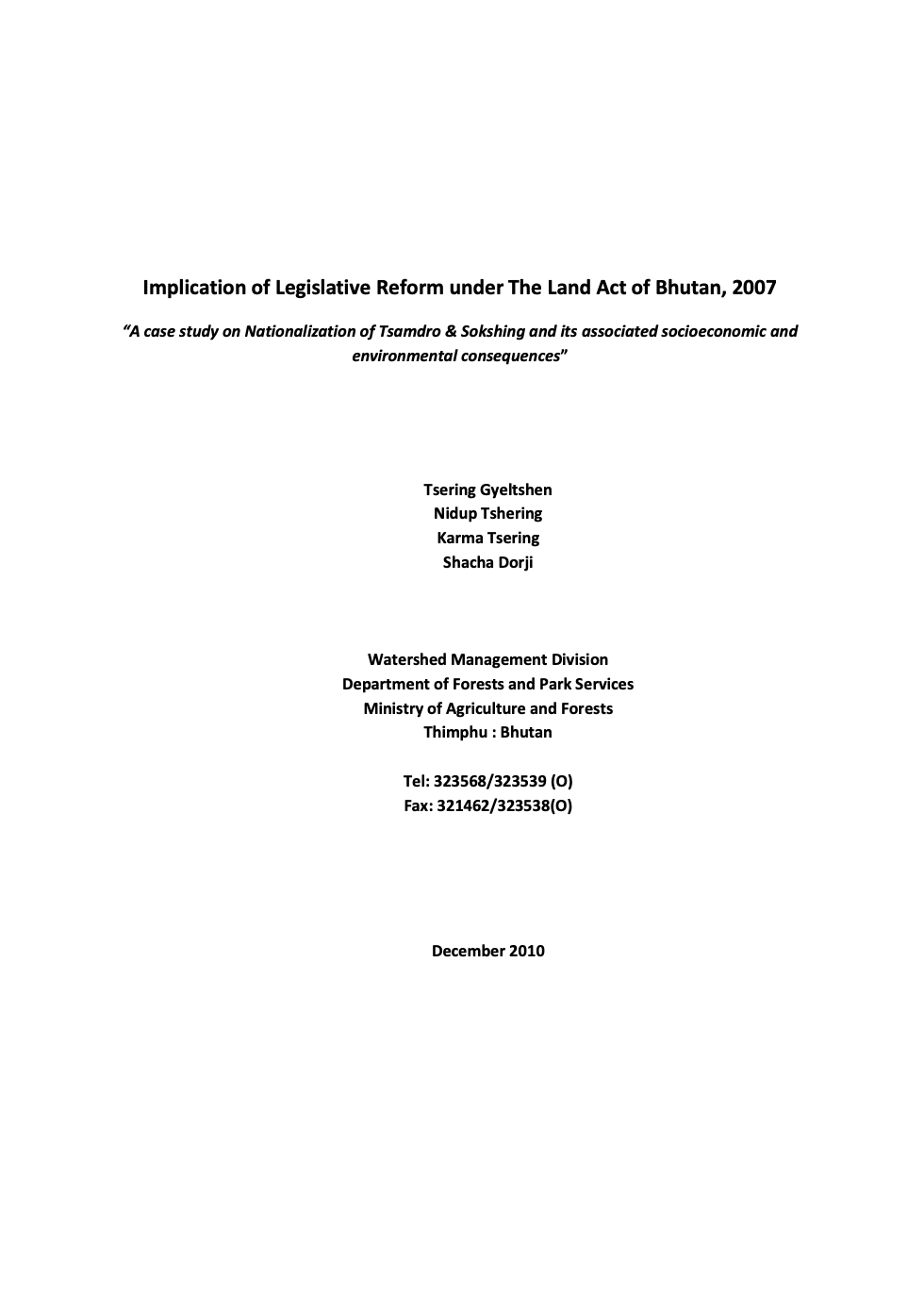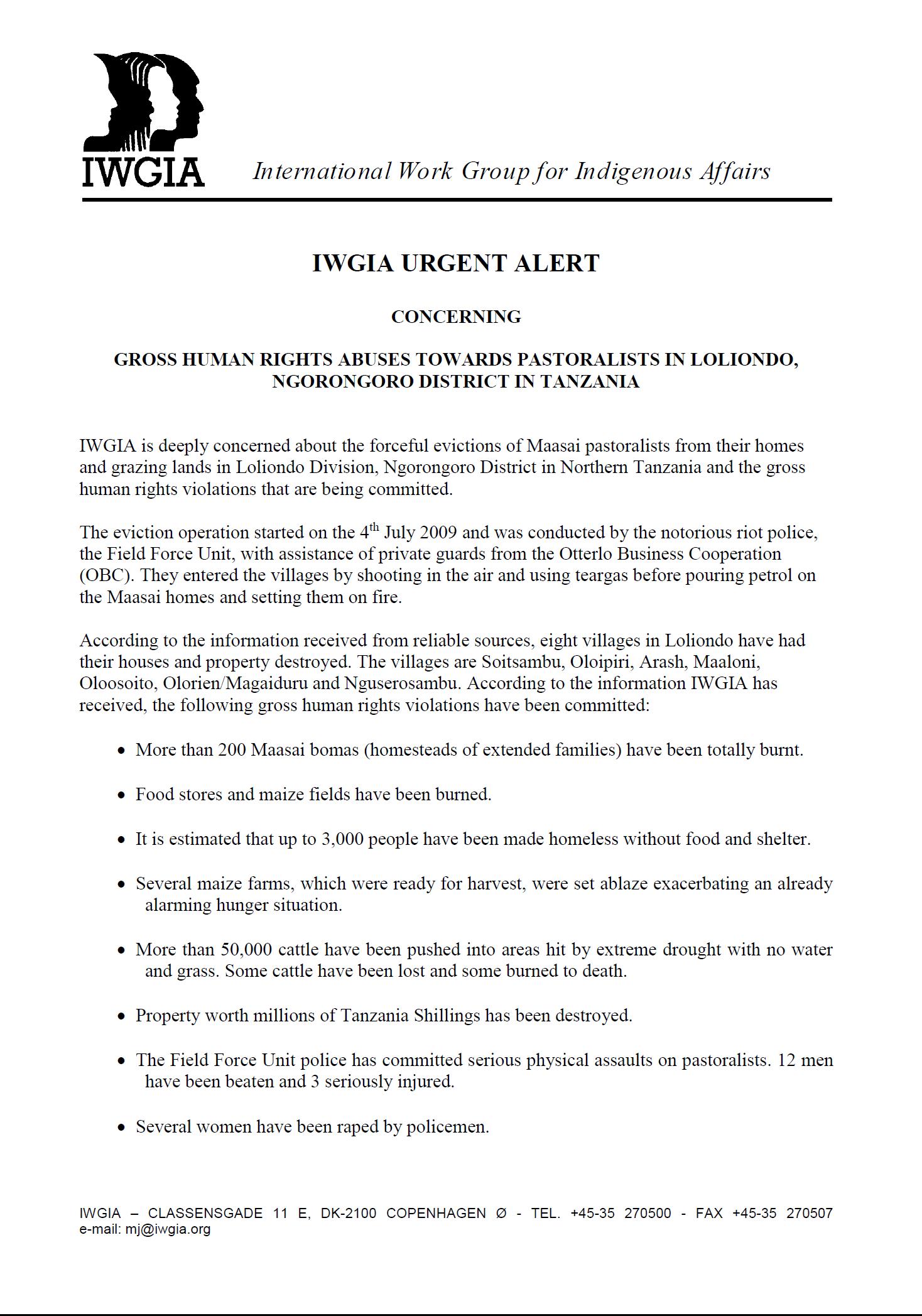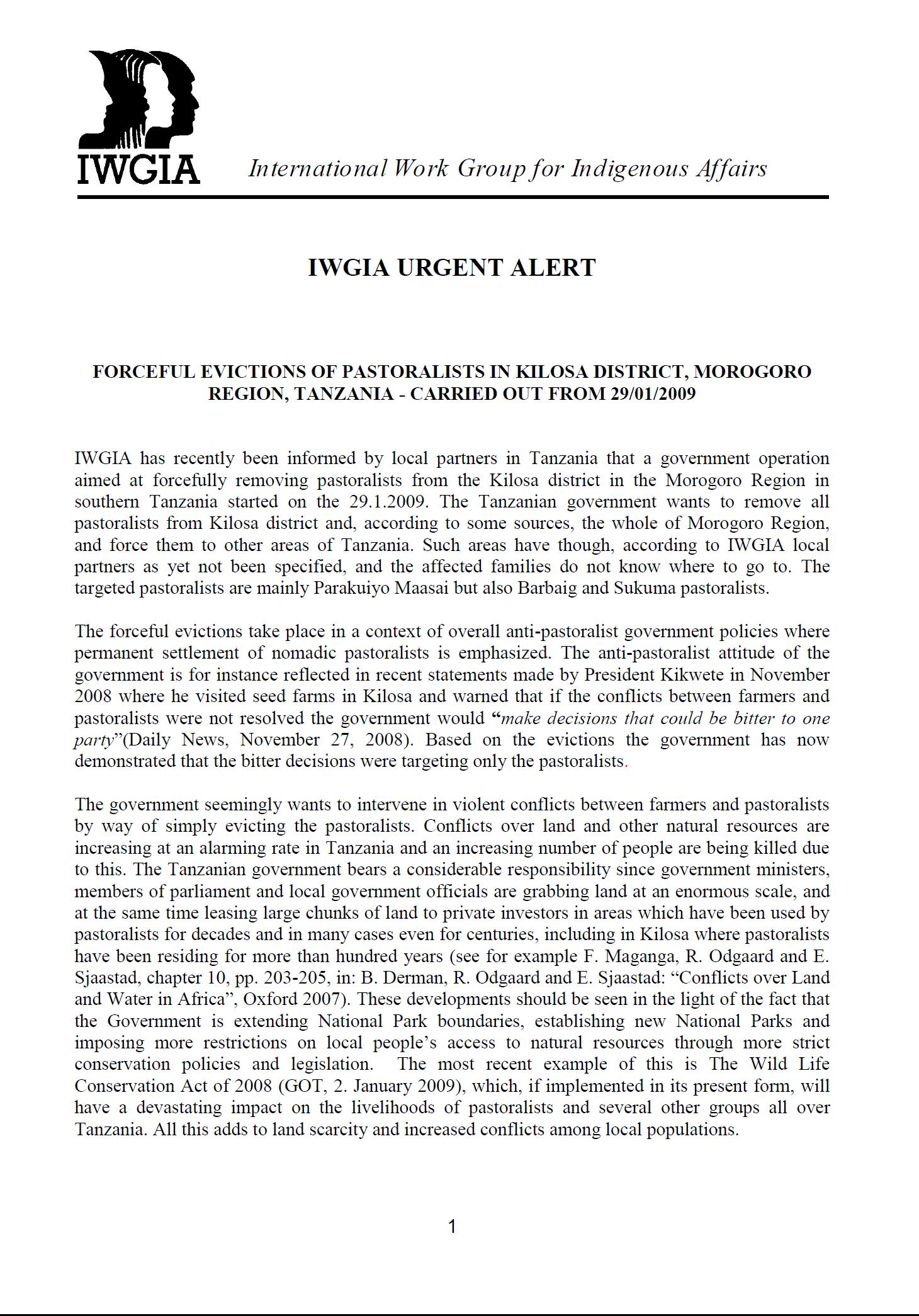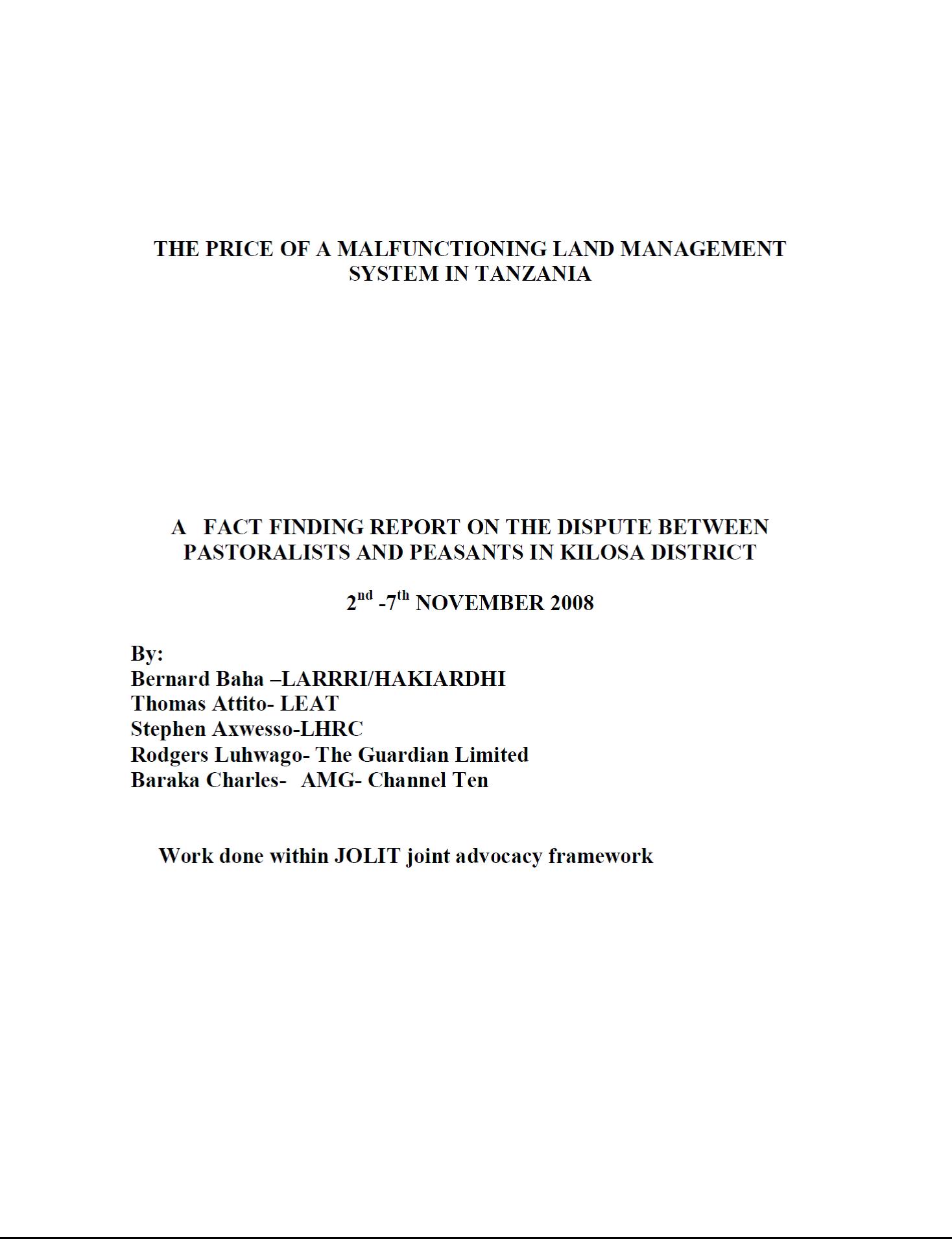Providing and Managing Water in Ethiopia’s Pastoral Regions – Lessons Learned in the Last 40 years
Introduction: Water as a range management tool The pastoral system - the inter-relationship between livestock, natural resources and people / institutions - has evolved to function effectively and efficiently in areas of low and unpredictable rainfall, using mobility as one of the key adaptation strategies.

